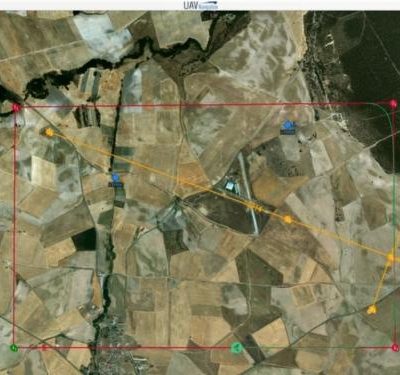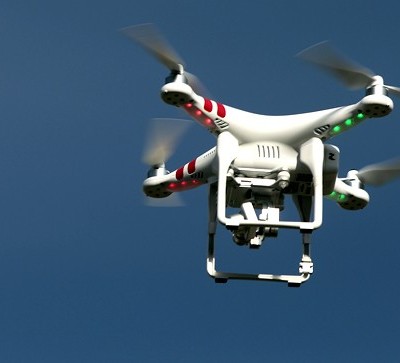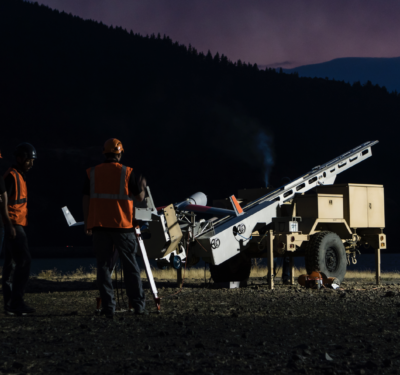![Dennis Koehl, senior advisor military affairs, Single European Sky ATM Research Joint Undertaking [SESAR JU], addresses ICAO's Remotely Piloted Aircraft Systems Symposium.](https://insideunmannedsystems.com/wp-content/uploads/2015/05/ICAO-Hard-Way-IMG_2101.jpg)
Dennis Koehl, senior advisor military affairs, Single European Sky ATM Research Joint Undertaking [SESAR JU], addresses ICAO’s Remotely Piloted Aircraft Systems Symposium.
A specialized agency of the United Nations, the 71-year-old organization coordinates the development and adoption of standards and recommended practices used by airlines, aircraft manufacturers and aviation authorities around the world. It is now expanding its portfolio to include unmanned aircraft or Remotely Piloted Aircraft Systems (RPAS), a decision that is already forcing the organization to change its workflow to stay abreast of the fast-moving industry.
Though ICAO has been following developments in RPAS for some time, it only formalized its efforts in November 2014 with the creation of the Remotely Piloted Aircraft Systems (RPAS) Panel. That panel is now working on some 50 tasks given to it by ICAO’s Air Navigation Commission.
That to-do list looked small, however, after two days of presentations at the Remotely Piloted Aircraft Systems Symposium, held in Montréal in March. There were sessions on unmanned applications including package delivery, air-traffic control, airworthiness certification, licensing and security including a discussion of cyber security. On the last day of the meeting, Stephen Creamer, the newly appointed director of ICAO’s Air Navigation Bureau, which is in charge of the RPAS effort, listened to the reports from the many workshops and discussed in more detail a list of action items that stretched beyond 2020.
That years-long timeline raises questions about how effective ICAO can be in meeting its RPAS-related goals. The industry is already straining the rule-setting capabilities of national governments and some of those administrations have been working on the issue for some time.
Creamer said he didn’t want the delegates to accept the timeline.
“I want you to change it,” Creamer said. ‘So act as if you don’t know that tradition. Press us for a more expeditious and efficient methodology for the future.”
In fact Creamer not only appeared ready to meet the challenges posed by the headlong rush of RPAS development but to be fully open to the changes the effort could force on the organization.
“I have believed for some time that we need a new way of approaching our standards development because it takes us a long time the way we do it today,” Creamer said. “Some of the standards that we have developed have taken us 25 years to develop and implement across the globe. Relatively simple standards. We don’t have that kind of time with RPAS because the technology simply has outpaced us.”
ICAO is already moving faster, he noted. Just before the meeting it issued its Manual on Remotely Piloted Aircraft Systems, which is available in digital form for free on their website, icao.int.Hardcopies can be purchased online.
Developing the guidance in the manual in advance of developing standards and recommended practices (SARPs) “is highly unusual, in our past practice, but because of the evolution of this industry occurring so quickly it was considered necessary.”
Addressing some of the issues raised during the sessions, Creamer said ICAO would support efforts to get an allocation of spectrum for the RPAS industry, working through its member states so there was a “cohesive understanding of what’s necessary” when they went to the World Radio Conference and International Telecommunication Union.
ICAO had also heard, he said, the requests for its input to inform national efforts to set operational rules for unmanned aircraft.
“Those national regulations are ahead of our SARPS,” he said. “They’re being made by the states in advance of what we’re doing here at ICAO. And that’s actually appropriate in some ways because the experience that those states are gathering will come here and provide the basis for (our) work.”
Creamer noted the vast majority of the 500+ delegates in attendance were participating in an ICAO meeting for the first time. Though some 70 nations were represented, many at the meeting, he pointed out, were from the private sector.
“The industry is really representing the bold new frontier in what we want to do,” he said, “and has ideas that are not shaped and restricted by the traditional thinking that we have in aviation prior to RPAS.”
He asked that attendees look with fresh eyes at the way ICAO does its work, and help it find new ways to make the approval processes less opaque and costs easier to understand.
“Many of you are coming to this and saying ‘Why couldn’t we do a network this way? Why can’t we build an infrastructure that does this?’ And you’re going to challenge what we upheld as the traditional way of doing business with that mentality,” he said. “From the Secretariat’s perspective, I ask you to challenge away.”






